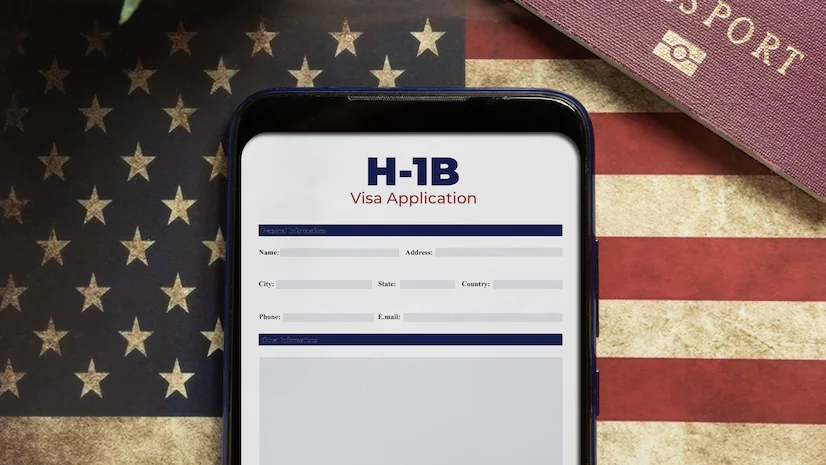The United States government has intensified efforts to prevent companies from favoring foreign workers under the H-1B visa program, with officials stressing the need to protect American job opportunities. Critics argue that the program allows foreign professionals to take jobs that could be filled by US workers, prompting stricter enforcement measures.
The Equal Employment Opportunity Commission (EEOC) recently issued a warning to businesses, cautioning against prioritizing migrant workers over American candidates. Andrea Lucas, the acting chair of the EEOC, stated that national origin discrimination in hiring remains a significant issue across various industries. “Many employers have policies and practices that prefer illegal aliens, migrant workers, and visa holders over American workers, which is a direct violation of federal employment laws,” she noted.
The crackdown aims to curb companies’ reliance on foreign labor, which some believe leads to lower wages and exploitation. The EEOC has pledged to hold businesses accountable if they are found violating employment laws by giving undue preference to visa holders.
The H-1B visa program allows US companies to hire highly skilled foreign professionals, particularly in fields like technology, engineering, and healthcare. While intended to address skill shortages, the program has long faced criticism, with claims that it disadvantages American workers by reducing job opportunities and depressing wages.
According to the EEOC, some companies favor H-1B workers due to lower labor costs, perceptions of a stronger work ethic, and limited knowledge of labor rights among migrants. However, the American Immigration Council disputes claims that the program negatively impacts US workers. Their research indicates that H-1B professionals often earn significantly more than the national average. In 2021, the median salary for H-1B workers was $108,000, compared to $45,760 for all US workers.
The legal landscape surrounding the H-1B program is also shifting, with lawsuits such as the one against Meta Platforms bringing further scrutiny to hiring practices. The case alleges that the tech giant systematically favored visa holders over American candidates to cut costs, reflecting broader concerns over employment discrimination.
For Indian professionals, who receive the majority of H-1B visas, any changes to the program could have significant consequences. Between October 2022 and September 2023, Indian nationals accounted for 72.3% of all H-1B visa approvals. Recognizing the importance of skilled migration, the Indian government has engaged in discussions with US officials to ensure continued access to employment opportunities.
Experts warn that tightening the H-1B program could drive top global talent to other countries, such as Canada or the UK, which have been actively attracting skilled workers. If restrictions become more severe, the US may risk losing its competitive edge in innovation and economic growth.

